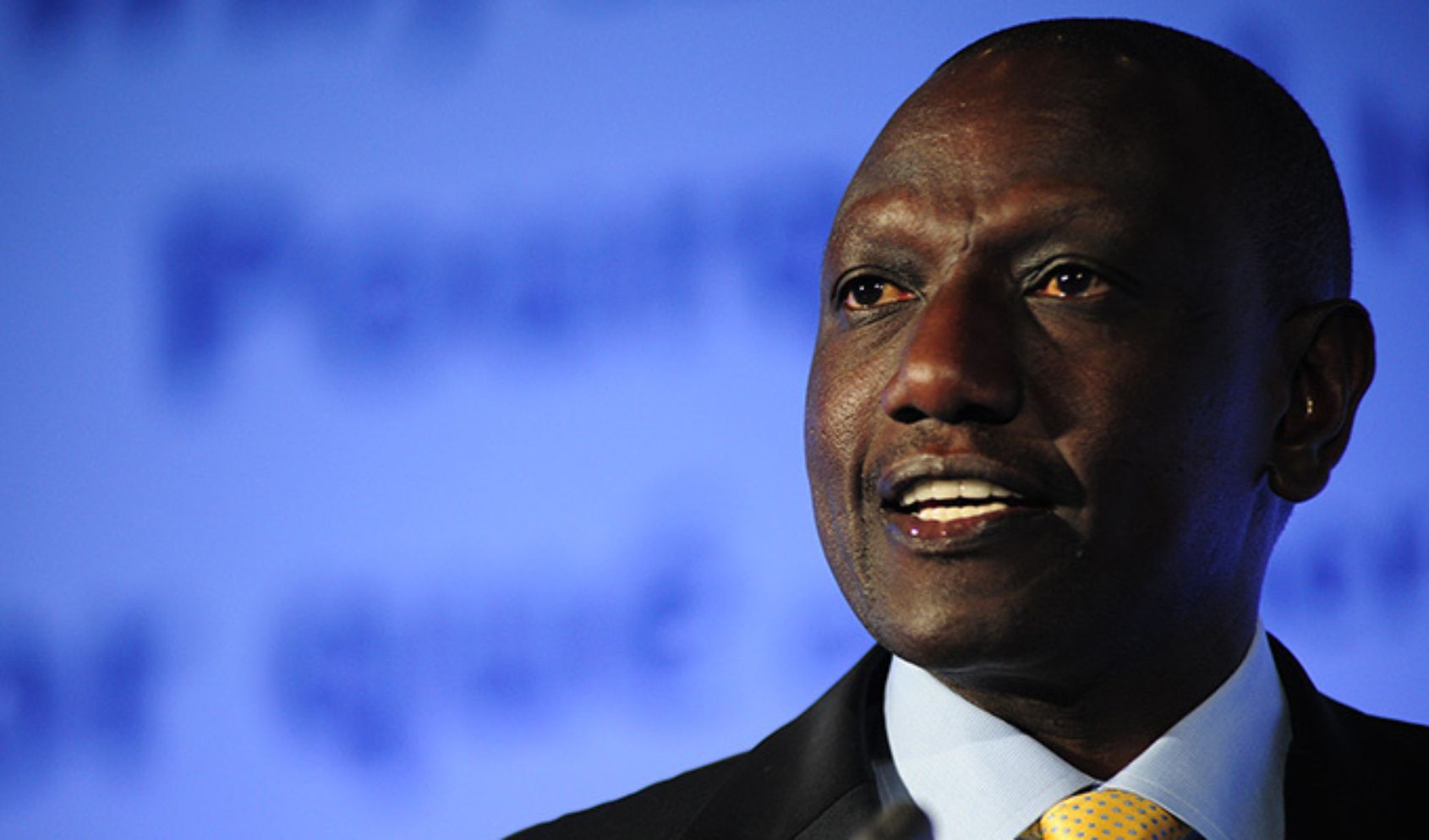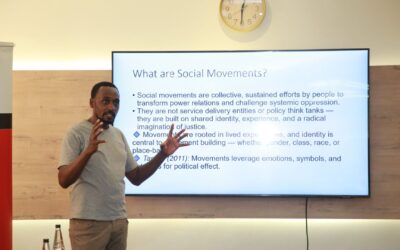In December 2002, as President Mwai Kibaki took his oath of office, he made a solemn pledge: No more roadside declarations. His words were not mere rhetoric; they were a direct response to decades of whimsical governance where powerful individuals made policies on a whim, often without due regard for the legal procedures set out in the Constitution or existing legal framework. The promise was a breath of fresh air. Kenyans had grown weary of an era where major government decisions were announced on campaign trails, funerals, or impromptu public gatherings. Under Kibaki’s leadership, structured policymaking and implementation took root, with the introduction of a long term plan as outlined in Kenya’s Vision 2030 that became Kenya’s development blueprint. Though the culture of erratic roadside declaration did completely die, it was minimized in Kibaki’s government only to be resurrected in Uhuru’s government when projects were launched or promised and never delivered. .
Fast forward to 2025, and it seems roadside declarations have not only been resurrected but are thriving with unmatched vigor. If President William Ruto had a superpower, it would be the ability to make grand, often absurd promises with the ease of a street magician pulling rabbits out of a hat. His words flow like a river in flood—unstoppable, overwhelming, and sometimes sweeping away constitutionalism in its path.
Chapati Machines
Ruto, ever the populist, promised The Dishi na County feeding program, a machine that can churn out one million chapatis a day. One million chapatis! Just for perspective, that’s enough to feed the entire population of Mombasa in a single sitting. The logistics? Budget? Implementation? Minor details that would, presumably, sort themselves out later.
In just five days of a whirlwind Nairobi tour, President Ruto delivered a buffet of promises that left even mama mboga and hustlers rubbing their eyes in disbelief. First came the declaration that identity card fees, which had been gazetted by Interior Cabinet Secretary Kithure Kindiki in May, would be scrapped. Just like that—poof! No policy document, no consultation, just a mic and a presidential roadside declaration that ends there.
A Constitution Collecting Dust?
Now, here’s the problem. Kenya is not governed by folk tales and campaign rhetoric; it is governed by the Constitution. Article 10 of the 2010 Constitution enshrines public participation as a core national value. Policy-making is not meant to be an impromptu affair where a leader wakes up, holds a rally, and changes the law at will. The Constitution is clear—there must be due process, structured policymaking, and engagement with relevant institutions.
Additionally, Article 129 states that “Executive authority derives from the people and shall be exercised in accordance with this Constitution.” This means that any policy, declaration, or government action must be rooted in legal frameworks, not in roadside pronouncements that sound good in the heat of the moment but collapse under scrutiny or even challenged through legal process.
Governance Shouldn’t Be a Circus
While some may find Ruto’s grand pronouncements entertaining—akin to a political Netflix series with weekly plot twists—the reality is that governance is not a circus. Populist declarations may win applause, but they create administrative nightmares. Policies require planning, budgeting, feasibility studies, and legal backing. Introducing and Scrapping ID fees is like creating a problem and offering a solution.
Even the Bible warns against building houses on sand. Matthew 7:26-27 (NIV):
“But everyone who hears these words of mine and does not put them into practice is like a foolish man who built his house on sand. The rain came down, the streams rose, and the winds blew and beat against that house, and it fell with a great crash.”
Roadside governance is just that—shaky, unpredictable, and ultimately unsustainable. Kenya deserves better. We need leadership that respects institutions, upholds the Constitution, and ensures that policies are not just catchy sound bites but well-thought-out frameworks designed to benefit citizens in the long run.
Let Roadside Declarations Rest in Peace
Perhaps it is time for Kenyans to remind their leaders that governance is not a stand-up comedy show, nor is it a series of viral clips meant for TikTok engagements “govertisement “ as the Archbishop puts it.. Policy must be made in boardrooms, not at political rallies. We have a Constitution for a reason—so that the rule of law prevails over the whims of individuals.




